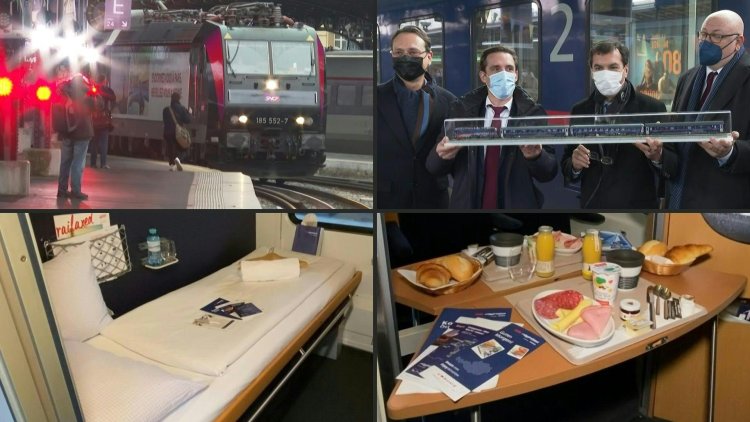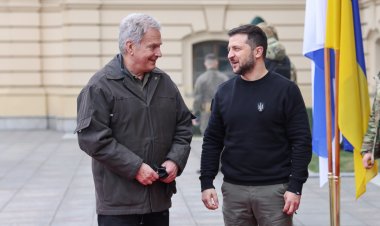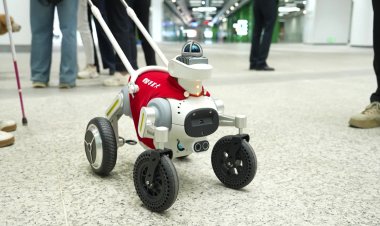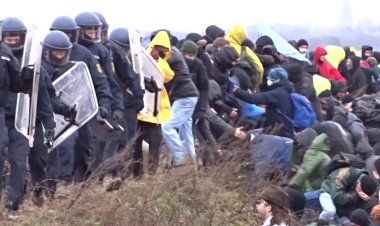Paris-Vienne is reborn, without travelers for the first night

Deserted due to Covid-19, but in search of a great future. In the footsteps of the mythical Orient-Express, the night train is reborn between Paris and Vienna, a pan-European symbol of the fight against global warming.
Apart from a few guests from the Austrian railways ÖBB and the SNCF - including the French Minister for Transport Jean-Baptiste Djebbari and a journalist, the first Vienna-Paris train, which left the capital on Monday evening Austrian, is quite empty.
"There must have been a lot of people," laments Ibrahim Wade, a multilingual Senegalese responsible for a sleeper car. He shows his roadmap, full of names of absent passengers. "It's because of the health situation."
In the compartments prepared for nothing, water bottles will wait as far as Paris Gare de L'est.
The ÖBB night trains, marketed under the name Nightjet, include seating compartments, fairly rustic classic berths and above all much more comfortable sleeping cars.
You can spend the night there under the duvet and the cabins have a water point. Some of them even have a shower - the others share common showers at the ends of the cars.
The towel is provided and breakfast is included, but there is no wifi, and the heating is sometimes faulty.
“With the night train, we are clearly targeting business trips,” explains Kurt Bauer, responsible for long-distance trains at ÖBB.
And also tourists who like to take their time. Salzburg, the city of Mozart, is on the way, as well as Strasbourg and Munich.
A train journey also emits much less greenhouse gasses: around 20 kg of CO2, compared to around 200 kg for a flight.















